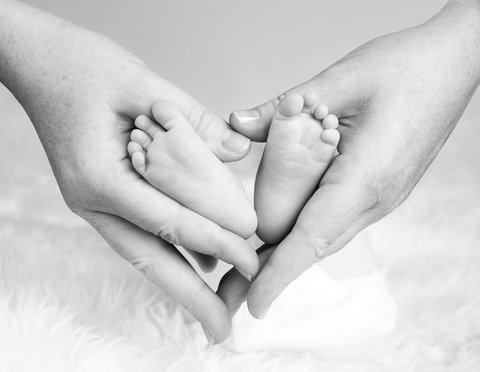Fertility assessment

Initial examinations/Initial investigations
To provide you with the best opportunities to achieve pregnancy, we take care of you from beginning to end. At our clinic, we conduct a thorough fertility assessment of both you and your partner. Book a consultation with one of our experienced specialists in reproductive medicine.
Some facts about infertility
Around 10-15% of all couples experience infertility, meaning they have not been able to conceive despite actively trying for a year. There are many different causes for difficulty in getting pregnant. In women, it can be due to blocked fallopian tubes, absent ovulation, PCOS, hormonal imbalances, endometriosis, fibroids, and more. In men, it can be attributed to reduced sperm quality, with multiple possible causes. Sometimes, it can be a combination of factors in both partners that make conventional conception challenging.
In some cases, despite thorough investigations, no explanation for difficulty in getting pregnant can be found.
The recommendation is to actively try to conceive for a year before proceeding with fertility assessments. However, it is advisable to seek assistance earlier if the woman is older (over 38 years), has irregular menstrual cycles (over 35-day intervals), or has any other condition that may affect fertility, such as large fibroids, severe endometriosis, and more. If either partner has undergone cancer treatment, it is also an indication to seek assistance earlier.
A fertility assessment for a woman is tailored individually and may include the following
- Ultrasound examination of the uterus and ovaries, including an assessment of the antral follicle count (AFC), which provides information about the egg reserve, i.e., the number of eggs remaining.
- Hormone analysis, with specific hormone tests determined based on the individual’s medical history. For example, thyroid-stimulating hormone (TSH) for thyroid function, prolactin for pituitary hormone evaluation, follicle-stimulating hormone (FSH), luteinizing hormone (LH), estradiol (hormones that regulate the menstrual cycle), and anti-Müllerian hormone (AMH) to assess the egg reserve.
- If there is a clear indication for in vitro fertilization (IVF), a uterine cavity examination (cavity assessment) is performed. In other cases, the passage through the fallopian tubes is also checked (Hysterosalpingo-contrast sonography, HSS).
- Chlamydia testing if necessary.
- We recommend that cervical cell samples (Pap smear) have been taken within 2.5 years before any potential treatment.
Fertility assessment for a man includes the following
- Semen analysis
- The investigation may be expanded if needed.
If the assessment indicates the need for assisted fertilization, the following tests are performed:
- HIV
- Hepatitis B and C
- HTLV I+II
- Syphilis
Hysterosalpingo-contrast sonography (HSS) – passage examination
With an HSS, our doctors can examine if there is passage through the fallopian tubes. In order to achieve pregnancy spontaneously or through insemination treatment, there must be unobstructed passage through at least one of the fallopian tubes for the egg to travel through the fallopian tube to the uterus.
Semen analysis – testing your sperm quality
A semen sample is submitted to our laboratory to assess the quality of the sperm. (If you are undergoing a publicly funded investigation, the semen sample is submitted at the Women’s Clinic at Sahlgrenska/SU). The parameters evaluated include volume, concentration, and sperm motility. If the sample is substantially normal, further investigation of the man is typically not necessary.
